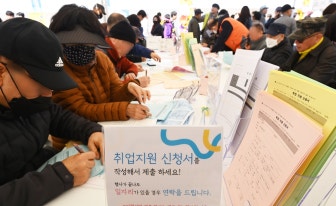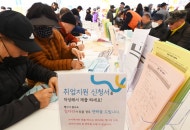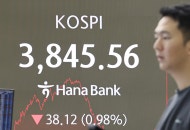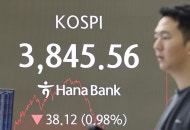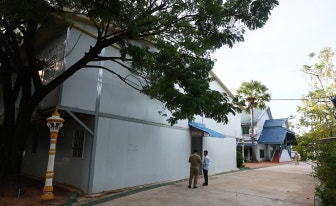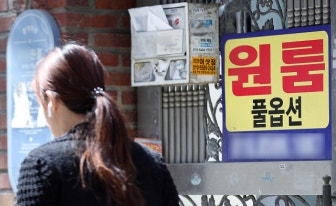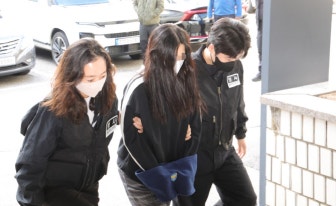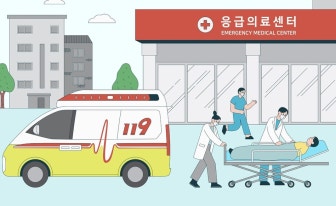| (123rf) |
More than 1 in 4 people with cerebral palsy are living impoverished, with many more in social or welfare blind spots, a study showed Sunday.
According to the report published by the Korea Disabled People's Development Institute, 26 percent of people with cerebral palsy live alone. And about 60 percent of the respondents received the basic livelihood security subsidy for people on low incomes.
Recipients make less than one-third of the country's median income to receive the subsidy for living expenses, 40 percent or less for medical benefits, 48 percent or less for housing benefits, and 50 percent or less for education subsidies.
Of the 706 respondents in the survey, 73 percent made less than 1.5 million ($1,052) or less in a month compared to a median income of 2.39 million won.
Cerebral palsy is caused by damage to the developing brain, and affects movement and posture. People seriously affected by the condition require aid, and 85.1 percent of those participating in the survey said they needed the help of others for everyday activities.
But the survey found that 18 percent did not have a primary caretaker, and 57 percent were taken care of by their mother.
On average the respondents received 550 minutes of care per week, with 30 minutes of that care happening at night. They were alone for an average of 131 minutes a week, and 31 minutes at night.
While requiring a consistent supply of disposable items such as diapers, 5.7 percent said they have re-used items that should not be re-used.
About 25 percent said they had poor overall health, with 63 percent saying they suffer from other chronic disease such as cancer, arthritis and thyroid conditions. But 30 percent did not exercise at all in the past year, and 45 percent said they did not receive a health check-up in the past year.
Some 47 percent of the respondents had not worked at all in their entire life, and 69 percent of those who held a job made 1 million won a month or less on average. They are also isolated: 3.1 percent did not leave their home in the past month, and 9.7 percent left the home less than five times.
People with cerebral palsy are subject to various forms of discrimination. About 43 percent said they had experienced it in the past year. By type, 23 percent were subject to emotional abuse, 22 percent verbal abuse, 4.2 percent physical abuse, and 2.7 percent sexual abuse.
Their illness and the apparent lack of help limited their ability to exercise their rights, as 39 percent said they were unable to use a public bathroom in the past year even when they needed to. Some 30 percent said they did not vote in this year's presidential election.
Almost 24 percent of respondents were dissatisfied with their current life, and 76 percent were not subscribed to a state-run pension program. Only 11.6 percent had a designated secondary caregiver, in case their primary caregiver is unable to look after them.




